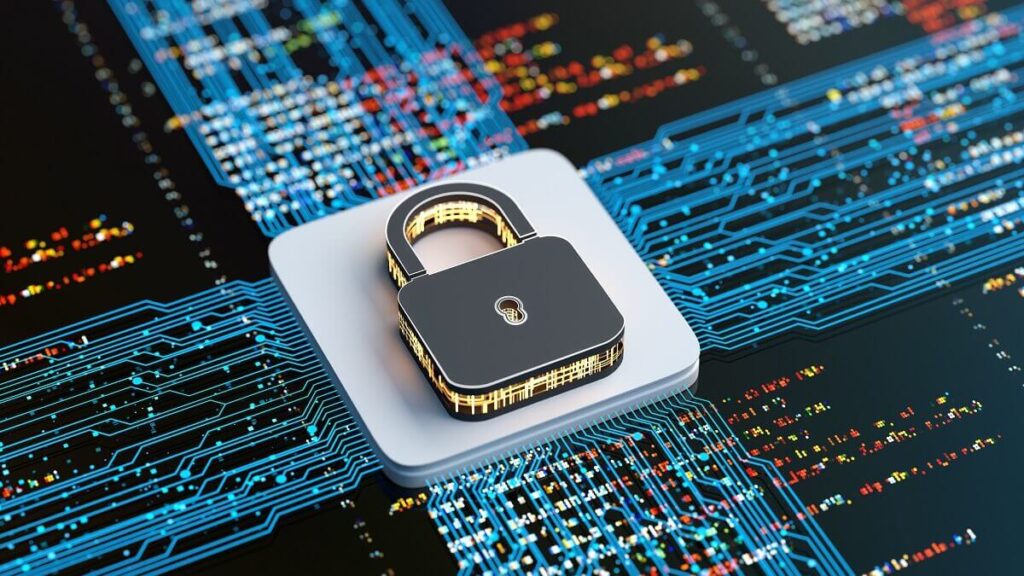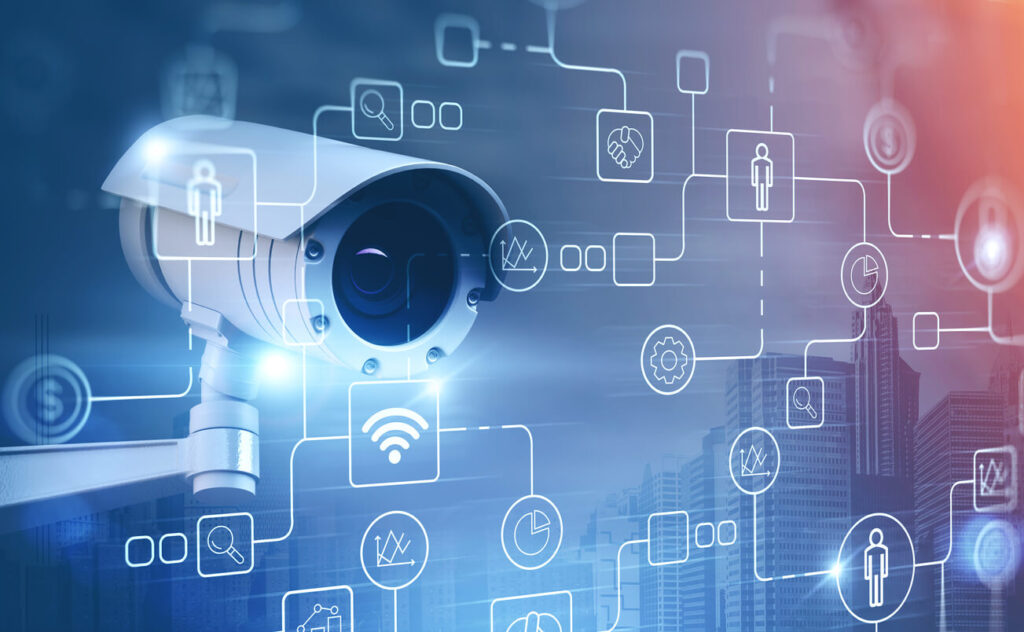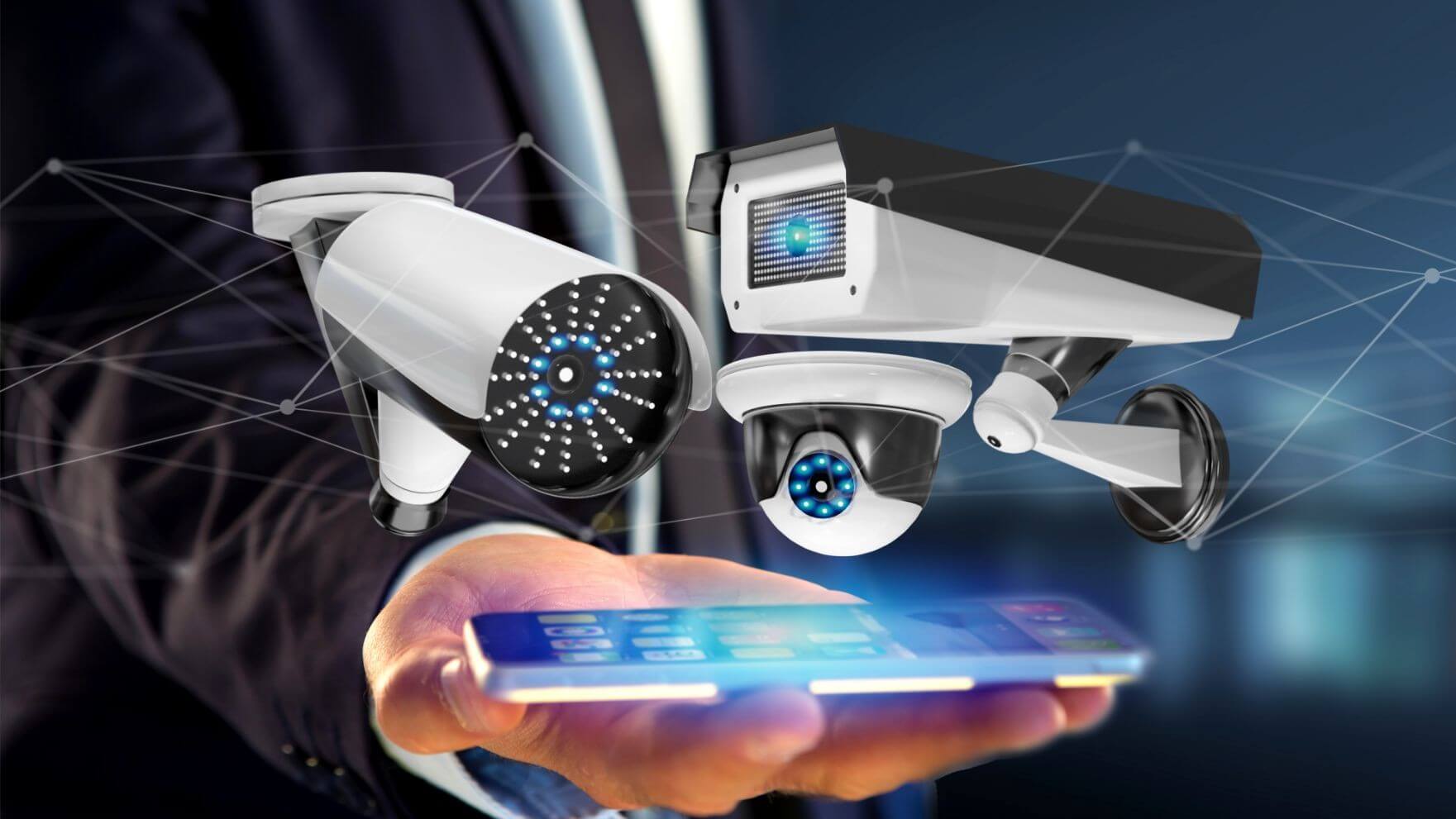Introduction
The advancement of technology has significantly improved business security, making it more efficient and reliable. Traditional security measures, such as physical locks and manual surveillance, are no longer sufficient to protect businesses from evolving threats. Today, cutting-edge innovations, including AI-driven monitoring, smart access control, and cloud-based security solutions, are revolutionizing how companies safeguard their assets, employees, and sensitive information.
Businesses worldwide are now integrating business security systems to enhance safety and minimize risks. These modern security solutions offer real-time monitoring, automated alerts, and remote management, making them essential for organizations of all sizes.
The Role of Technology in Business Security
Technology plays a critical role in strengthening security systems for businesses. Companies now have access to advanced tools that provide round-the-clock surveillance, instant alerts, and data-driven insights to prevent potential threats.
1. Artificial Intelligence (AI) in Security Systems
AI has transformed business security by enabling real-time threat detection, reducing human error, and automating responses.
- AI-Powered Surveillance Cameras: These cameras use facial recognition, motion detection, and behavioral analysis to detect suspicious activities.
- Automated Intrusion Detection: AI can instantly differentiate between false alarms and genuine threats, minimizing unnecessary alerts.
- Predictive Security Analytics: AI analyzes patterns to anticipate security breaches before they occur.
2. Cloud-Based Security Solutions
Cloud technology has revolutionized how businesses manage their security infrastructure. Traditional security systems required on-site storage and maintenance, but cloud-based solutions have simplified data management and accessibility.
- Remote Access and Monitoring: Business owners can monitor security footage from any location using cloud-based platforms.
- Automatic Software Updates: Cloud solutions ensure that security systems remain up to date with the latest features and protection measures.
- Scalability and Flexibility: Businesses can expand their security coverage without investing in expensive infrastructure.
Enhancing Physical Security with Smart Technology
Physical security is just as crucial as cybersecurity. Modern security systems integrate smart technologies to enhance on-site safety and control access efficiently.
3. Smart Access Control Systems
Traditional locks and keycards have been replaced with advanced access control systems, ensuring only authorized individuals can enter restricted areas.
- Biometric Authentication: Fingerprint and facial recognition systems prevent unauthorized access.
- Keyless Entry: Mobile-based access control eliminates the risks of lost or stolen keys.
- Remote Locking & Unlocking: Business owners can control entry points from anywhere using mobile apps.

4. Advanced Surveillance and Monitoring
Surveillance systems have become more sophisticated with the introduction of smart cameras and remote monitoring features.
- High-Definition (HD) Security Cameras: Clearer video quality enhances identification of intruders.
- Night Vision and Thermal Imaging: Improved visibility in low-light conditions enhances security during nighttime.
- Cloud Storage for Video Footage: Securely storing recordings ensures data is not lost or tampered with.
The Rise of IoT in Business Security Systems
The Internet of Things (IoT) has significantly impacted security, allowing interconnected devices to communicate and work together for enhanced protection.
5. Smart Sensors and Alarms
IoT-powered sensors provide real-time updates and automated responses to potential security threats.
- Motion Sensors: Detect unusual movements and trigger alarms instantly.
- Glass Break Sensors: Alert security teams in case of unauthorized access through windows.
- Smoke and Fire Detectors: Integrated alarms notify emergency services when necessary.
6. Smart Security Integration with Business Operations
Businesses are now integrating security systems with other operational functions to streamline management.
- Automated Lighting & Security Alerts: Lights turn on when motion is detected, discouraging intruders.
- Integration with Smart Locks: Security alerts can automatically lock doors when an intrusion is detected.
- Centralized Control Panels: Businesses can manage all security aspects from a single platform.

Cybersecurity and Business Security Systems
As businesses adopt digital security solutions, protecting data from cyber threats is equally important.
7. Cybersecurity Measures for Business Security
A strong cybersecurity framework enhances the reliability of modern security systems.
- End-to-End Encryption: Protects data transmission from cyber attacks.
- Multi-Factor Authentication (MFA): Prevents unauthorized access to security systems.
- Regular Software Updates: Keeps security systems protected from vulnerabilities.
8. AI-Powered Threat Detection for Cybersecurity
AI-driven cybersecurity solutions can analyze and prevent cyber threats in real time.
- Behavioral Analytics: AI detects unusual patterns in network activity.
- Automated Incident Response: Security teams receive instant alerts about potential breaches.
- Threat Intelligence Platforms: Businesses can stay ahead of emerging cyber threats.
The Future of Business Security Systems
Technology is continually evolving, and business security systems are expected to become even more advanced in the coming years.
9. The Impact of 5G on Security Systems
The rollout of 5G networks will significantly enhance security capabilities by improving connectivity and response times.
- Faster Data Transmission: Reduces latency in security system communications.
- Real-Time Video Streaming: Allows immediate access to high-quality surveillance footage.
- Better IoT Device Integration: Improves the efficiency of interconnected security devices.
10. Artificial Intelligence and Machine Learning in Future Security
AI and machine learning will continue to shape the future of business security by enhancing automation and threat detection.
- Autonomous Surveillance Drones: AI-powered drones will provide advanced security monitoring.
- Deep Learning Algorithms: Security systems will become more adaptive to new threats.
- AI-Driven Incident Analysis: Faster response and improved accuracy in threat detection.
Conclusion
Modern technology has transformed business security systems, making them more efficient, intelligent, and reliable. AI-driven surveillance, cloud-based solutions, smart access control, and IoT integration have significantly enhanced security measures for businesses of all sizes. As security technology continues to evolve, businesses must adopt these advancements to protect their assets, employees, and sensitive information effectively. Investing in the latest security innovations will ensure long-term safety and peace of mind for business owners.
Related – How to Secure Your Home Expert Guide to Safety & Protection

